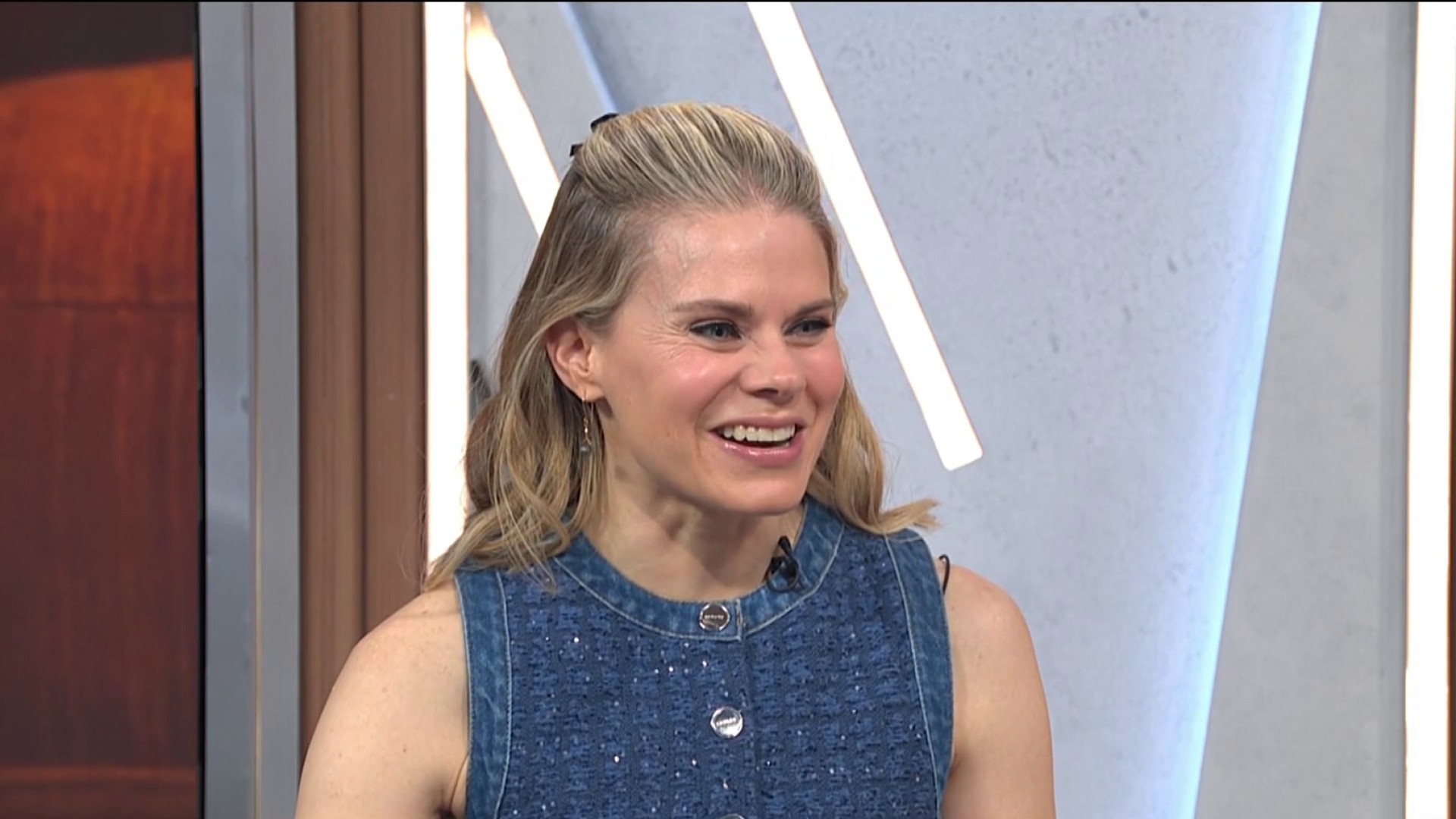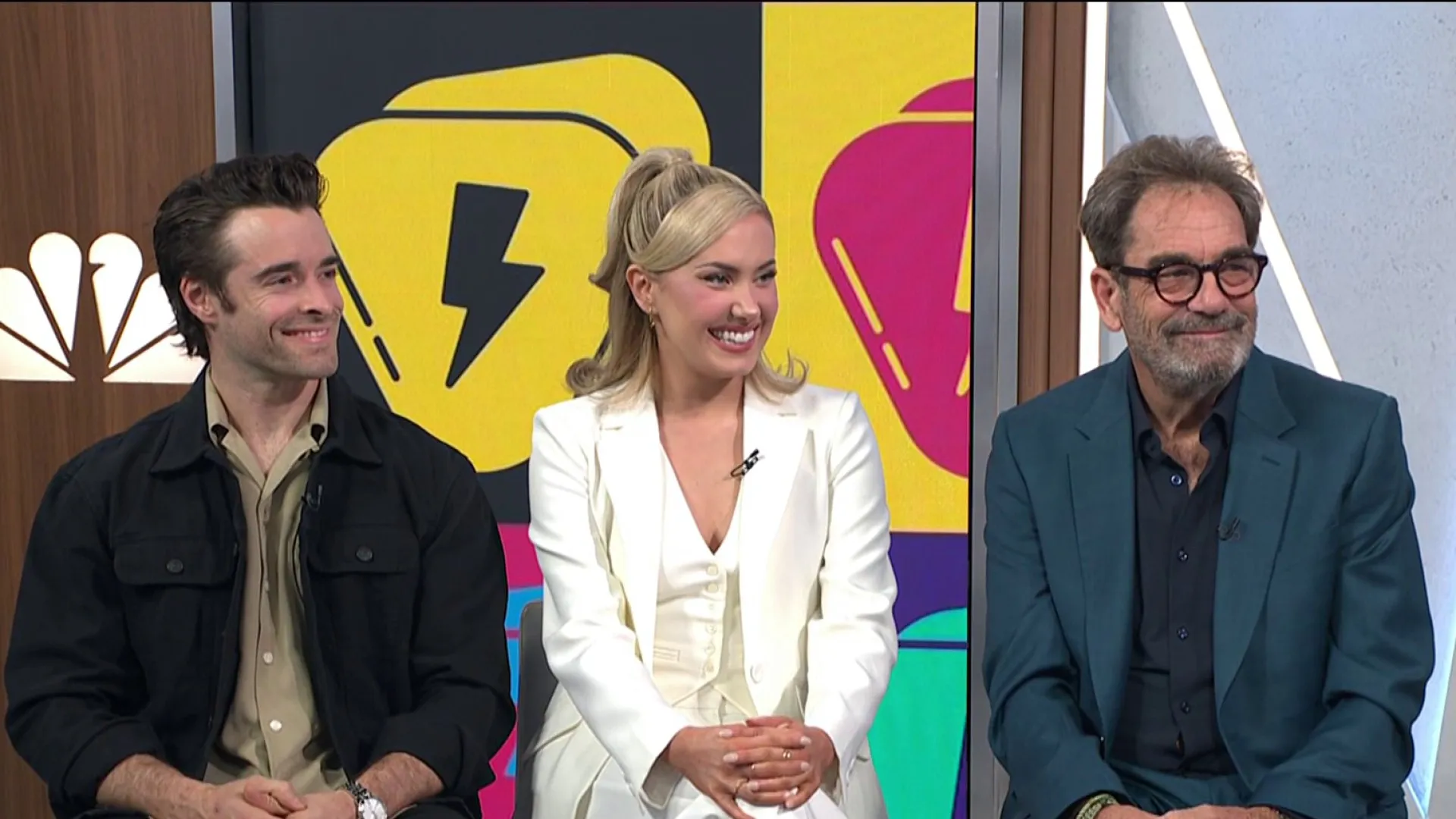Don’t be fooled by the title of Disney’s latest film-to-stage transfer. “Aladdin” may be named after its lead street urchin character, but the musical comedy that just opened at the New Amsterdam Theatre is all about one character: the Genie.
That’s due to the casting of the energetic James Monroe Iglehart, who all but erases the memory of Robin Williams, the voice of the Genie in the 1992 animated film. It’s rare that you see an actor playing a character he was born to play in a career-defining performance. Iglehart, last seen on Broadway in “Memphis,” uses his background in improv to create a comedic and charismatic Genie, who’s equal parts Fats Waller, Luther Vandross and Oprah Winfrey (“You get a wish! You get a wish!”).
Iglehart is so outstanding as Genie that his take on “Friend Like Me” stopped the performance I attended with thunderous applause and a standing ovation. It’s the number you’ll leave the theater talking about.
But Iglehart’s Genie is not the only thing worth talking about in “Aladdin.” Director and choreographer Casey Nicholaw (“The Book of Mormon”) has done wonders staging “Aladdin.” From the opening “Arabian Nights” to Act II’s standout “Prince Ali,” Nicholaw uses his multicultural ensemble flawlessly, unraveling layers to each number that surprise and wonder. You’ll also marvel at Gregg Barnes’ stunning costumes, rich in jewel-tones, feathers and sparkle.
Fans of the film, which brought in half a billion dollars worldwide, will be pleased to see that most of Aladdin’s journey, based on the Middle Eastern folk tale from “The Book of One Thousand and One Nights,” remains unchanged. Aladdin (Adam Jacobs) still finds a magic lamp, is given three wishes from the Genie inside, and transforms himself into a prince to win the heart of the princess Jasmine (Courtney Reed).
Yet tweaks have been made. Book writer Chad Beguelin restored cut scenes, characters and songs from composer Alan Menken and lyricist Howard Ashman’s early drafts of the film, assuring that this screen-to-stage transfer feels anything but copycat. What results is a fast-paced, quick-witted tale, punctuated with physical comedy and contemporary gags.
Not all these changes work for the best. Aladdin’s monkey Abu is now replaced by a slapstick trio of friends named Babkak, Omar and Kassim (Brian Gonzales, Jonathan Schwartz and Brandon O’Neill, all working well together), who share one characteristic rather than three singular, developed characters. (Though a nod to Abu does appear during "Prince Ali").
Broadway
Other changes are welcomed. Our villain Jafar (the delightful Jonathan Freeman, who voiced the character in the film) has been downgraded from sinister sorcerer to silly schemer. His talking parrot Iago is now a human character (the winning Don Darryl Rivera), though Iago’s role as babbling sidekick is just as effective. Freeman and Rivera are pitch perfect together, having the right amount of fun making the right amount of trouble. Their chemistry will often have you rooting for them to win.
I wish the same could be said for Aladdin and Jasmine. As our two romantic leads, Jacobs (“The Lion King”) and Reed (“In the Heights”) certainly give the earnestness and edge each of their characters demand. But their performances are outshined by stronger supporting characters, and their chemistry during their iconic romantic magic carpet ride in “A Whole New World” is lost in the darkness of the number’s nighttime starscape staging. (Nicholaw’s only major misstep of the night; The Oscar-winning song may be out of this world, but setting it in outer space is a little too crazy).
Still, the song is there, and you’ll enjoy hearing it again, along with the rest of the show’s outstanding score by Menken and Ashman and Tim Rice. One of the restored songs, “Proud of Your Boy,” is so good, it’ll make you wonder how it got chopped in the first place. Menken’s four new songs, with lyrics by Beguelin, are a bit forgetful. But they move by so quickly, you won’t be able to dwell.
If I had one wish for “Aladdin,” it would be that that the final conflict with Jafar didn’t feel so rushed. In fairy tales, we automatically believe the stakes are high - it just would have been nice to have that threat feel a little more dire. But then again, this is a musical comedy, and in that sense, “Aladdin” is exactly what you wish for.



